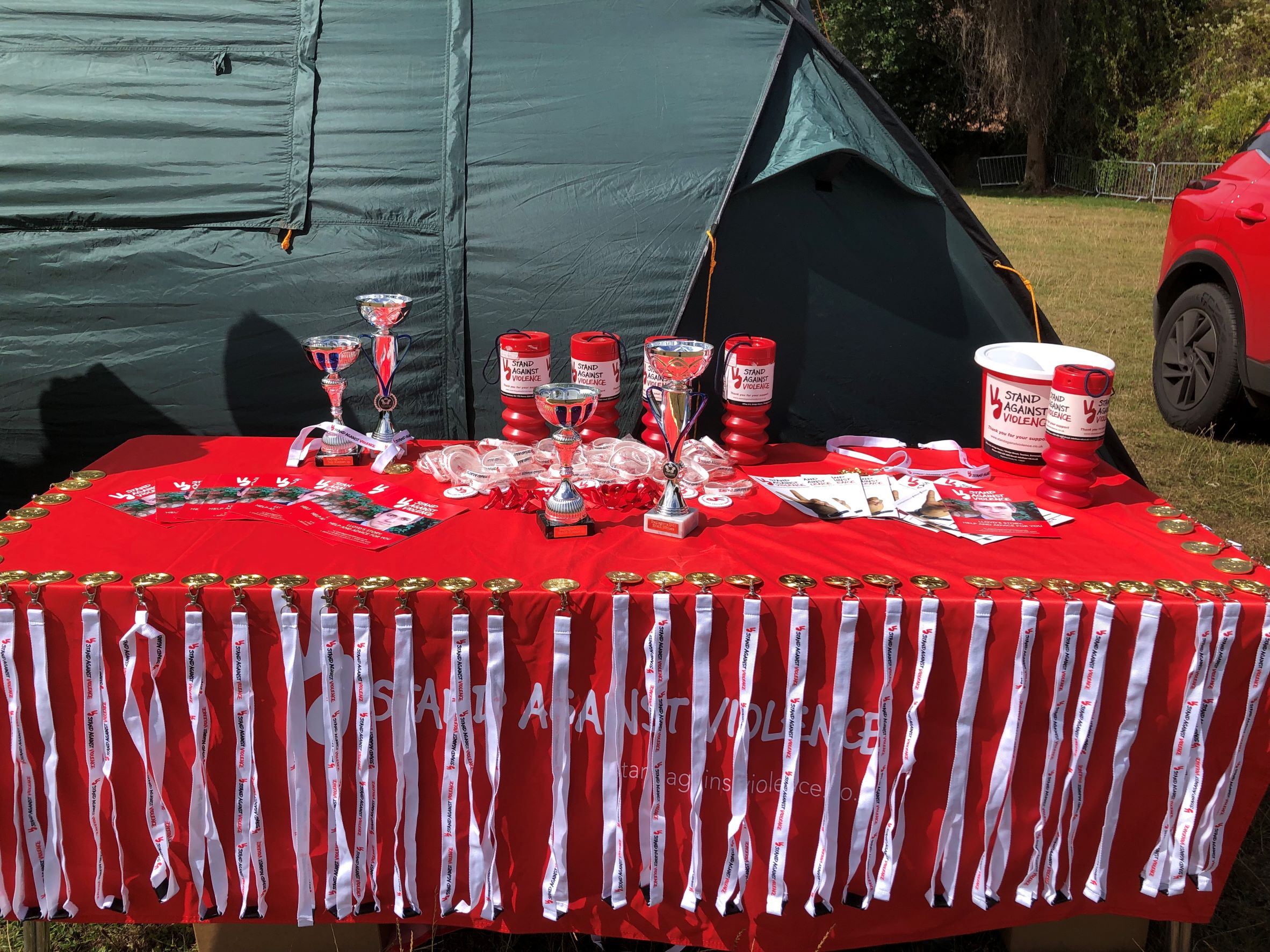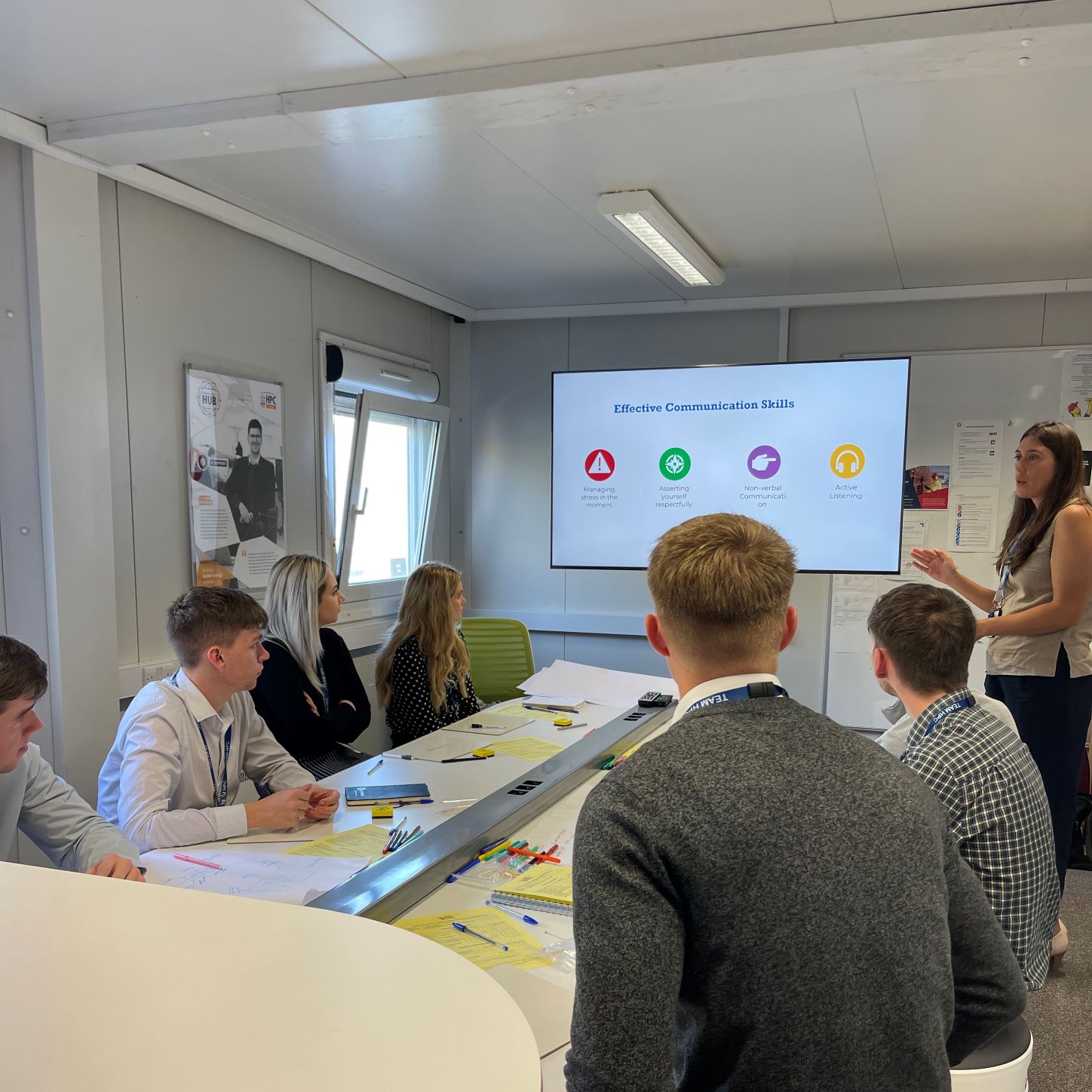Inter-sectoral working in violence prevention
Thursday 10th July, 2014

It has been well researched and documented since 1999 but yet health services are still not the main instigators of violence prevention work in the UK. The WHO proposed in 2002 that health services are best placed to implement violence prevention measures and to collect data. They emphasised that violence prevention should no longer be seen as a solely law and order issue. In 2013, 11 years after the 2002 recommendations our own Government finally released a paper setting out how the health service will engage in violence prevention. This was great progress and welcome news. Unfortunately we are still yet to see much health input. There are clusters of health authorities supplying data to researchers and local authority groups and there is also the troubled families programme which has some health involvement. However the health service provides school nurses, midwives, health visitors and a host of community services which are already in place and in family homes. This is an ideal opportunity to infiltrate those hard to reach areas such as the family unit and work closely with people to prevent violence.
Education has huge influence over young people
Another area that seems to be overlooked and is only lightly touched on in all the research papers is education. Schools and educational organisations are in prime position to contribute to a better, safer and less violent society yet from our own experience trying to engage with them is a challenge. This is no doubt due to budgets, curriculum requirements verses timetabling and a whole host of other teaching requirements in the modern day education system. However teachers have a huge influence over the people they teach and with it being compulsory for all children to attend an educational institution these are ideal areas to promote violence prevention. Through the work we have done we have seen reductions in fighting, bullying, reoffending and generally improved attitudes and behaviour amongst young people. Based on these results it is surprising that we still struggle to encourage schools to get us in even if we have secured funding to offer free workshops.
Ever changing 'hot topics' are damaging
Our cause is not helped by continual changes in ‘hot topics’ of focus by Government. At present it is violence against women and children despite the fact that men are most at risk of involvement in violence. Our focus is on general violence reduction targeting both potential victims and perpetrators regardless of the type of violence or the demographic of the people involved. The results of our work will have knock on effects to all of these niche areas of violence but until the Government stop pushing these areas of focus and actually focus on violence as a whole I fear we will simply be chasing our tails, spending money with minimal results and ultimately focus efforts on something that will make no long term difference. We must focus on generic violence and target those with the potential to commit violence and not put blame on to weapons or focus solely on domestic abuse which is only one small contributor to the cycle of continuing violence.
Heavy financial and human cost
It is essential that we all work together to change violent attitudes across the board. Health, education, police, criminal justice, Government and researchers must work collectively and supportively to enact real change in this ongoing problem which affects and devastates so many lives in the UK. It is for this reason that SAV will be spending the next year focusing on developing a multi sector conference for 2015 to bring together professionals from these different areas to encourage networking, discussion and collaboration moving forward. So far nothing of this nature has been attempted before but if we are to make a real difference to violence in the UK then we must take up the recommendations of years of specialist research and make a start on collaborative working. Collaborative working can not only reduce the heavy financial cost to the local services but ultimately prevent further incidences of serious violence which can bear a heavy human cost.




